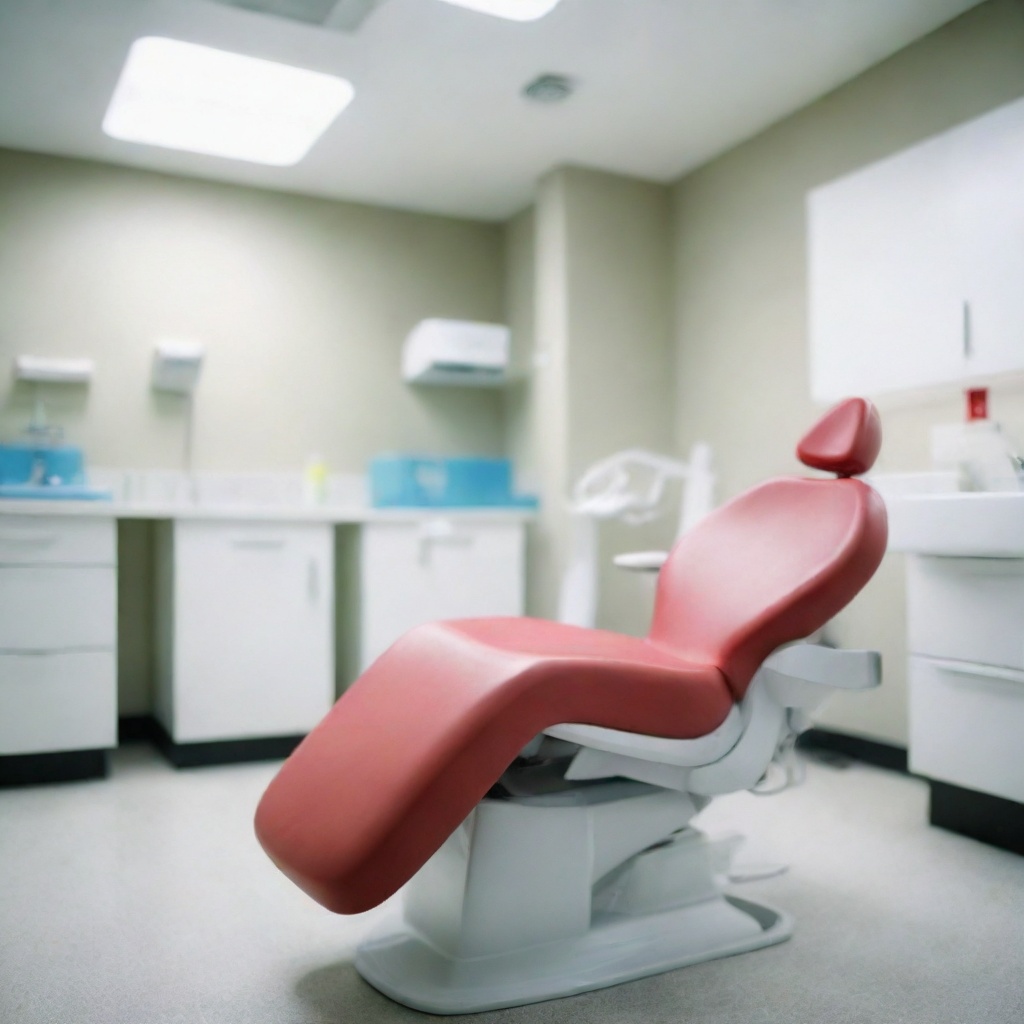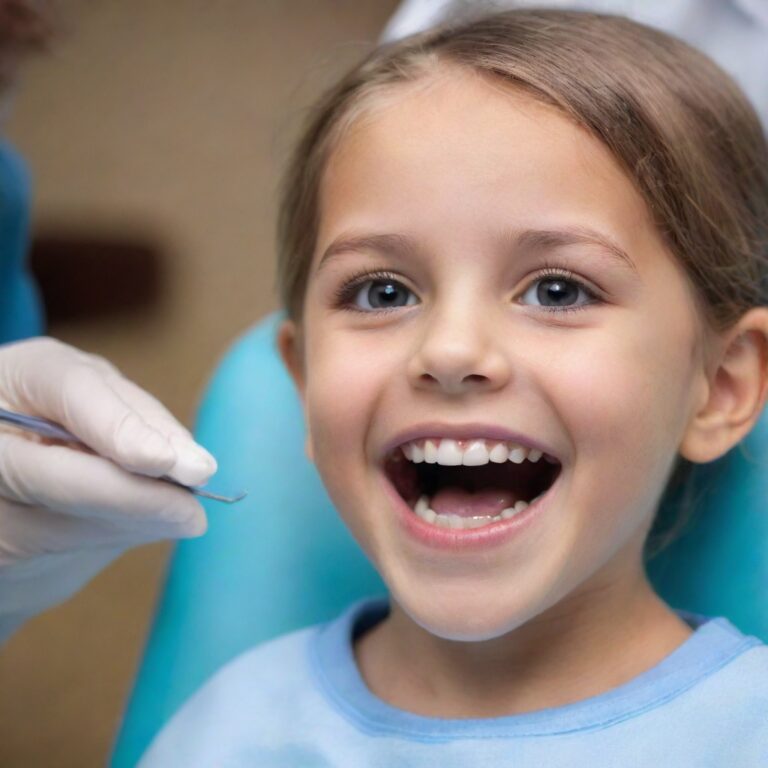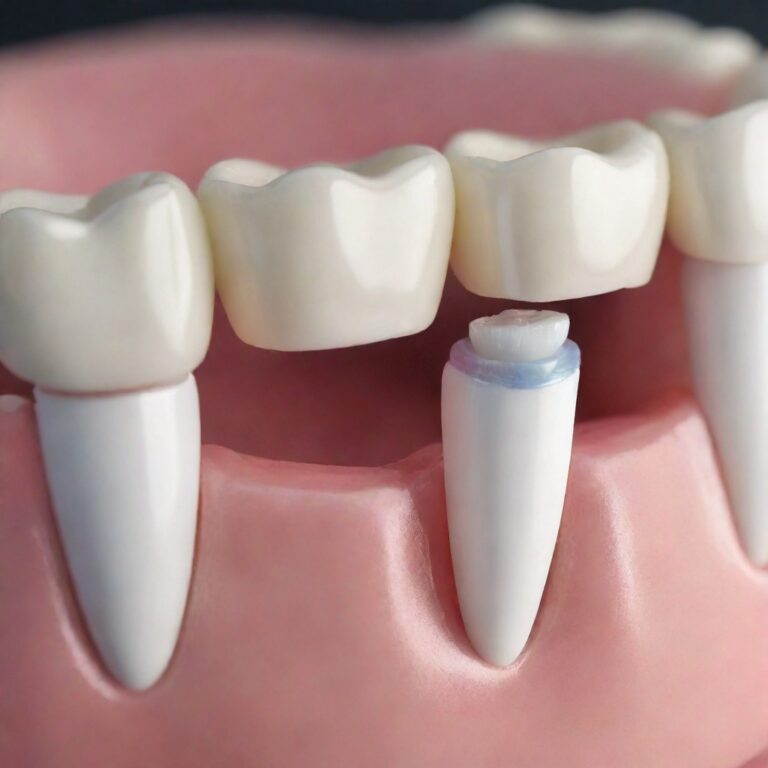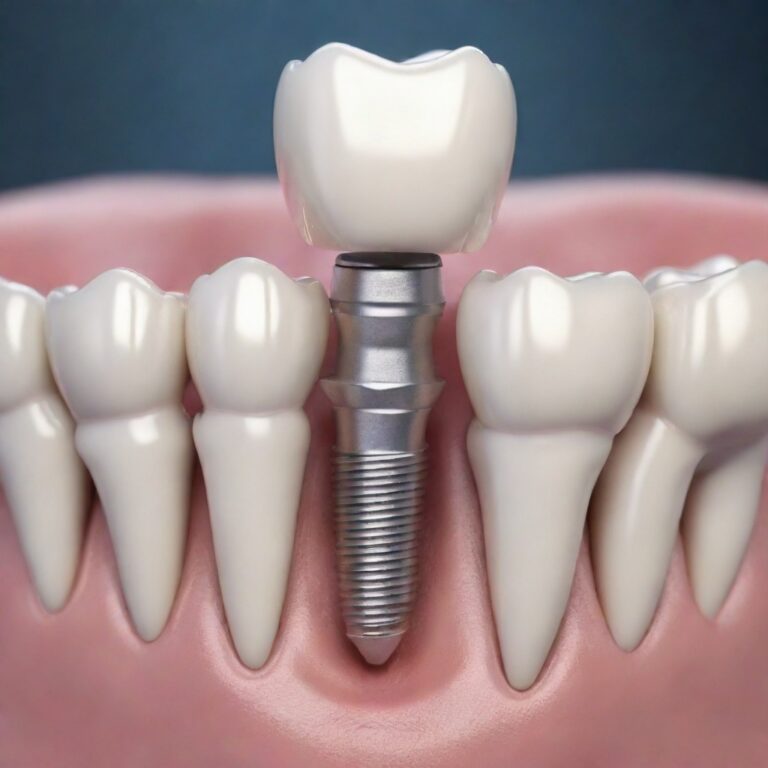Emergency Dental Care Open On Weekends
The Importance of Emergency Dental Care Open on Weekends
Unexpected dental emergencies can occur at any moment, often leading to significant discomfort and anxiety. Many people find themselves in painful situations over weekends when most routine dental clinics are closed. This gap emphasizes the critical need for emergency dental care open on weekends. Access to these services can make a world of difference in addressing urgent dental issues effectively and quickly.
First, let’s explore what qualifies as a dental emergency. Common scenarios include:
- Severe toothaches
- Knocked-out teeth
- Fractured or cracked teeth
- Lost fillings or crowns
- Abscesses or infections
In these situations, prompt treatment is essential not only to alleviate pain but also to prevent further complications. Weekends tend to be when these emergencies strike, often when you’re least prepared for a dental crisis. Finding emergency dental care open on weekends can save you from unnecessary distress and potentially serious health issues.
The benefits of having access to emergency dental services during weekends include:
- Immediate Pain Relief: Many dental emergencies come with intense pain. Availability of care on weekends ensures you won’t have to endure discomfort until Monday.
- Prevention of Further Damage: Quick care stops conditions from worsening. For instance, a knocked-out tooth can sometimes be saved if you act fast.
- Avoiding Infections: Dental infections can progress rapidly. Emergency care can help manage infections before they lead to more serious health concerns.
- Convenience: Many individuals are unable to visit a dentist during the week due to work or other commitments. Weekend services allow access when it best fits your schedule.
Deciding where to seek care is essential. It’s beneficial to research local dental offices that operate on weekends. Many urban areas offer dedicated emergency dental clinics open on weekends, ensuring you receive expert care when needed. Look for clinics featuring experienced personnel who can handle various dental crises, and consider scheduling a consultation during regular hours to familiarize yourself with their services.
Another consideration is the type of services offered by these emergency clinics. While not comprehensive, they typically handle urgent problems effectively. Services may include:
- Tooth extractions
- Root canal treatments
- Repairs for broken teeth
- Management for soft tissue injuries (gums, cheeks, etc.)
- Medication for pain relief or infections
It’s important to note that while emergency dental care is crucial, preventive measures remain vital. Regular dental check-ups and maintaining oral hygiene can significantly reduce the chances of encountering such emergencies. Practicing good oral health habits, such as brushing twice a day and flossing regularly, will help you stay ahead of potential issues. By doing so, you might minimize the necessity for weekend emergency visits. However, no matter how cautious you are, accidents can still happen.
For individuals with families, it’s wise to establish a relationship with an emergency dental provider before situations arise. This preparation will equip you with the knowledge of whom to call when an emergency occurs. Taking the time now to find suitable emergency dental care open on weekends can relieve some stress during unforeseen events, enabling you to focus on recovery instead of panic.
In a fast-paced world, dental problems do not adhere to business hours. This makes the availability of emergency dental services over weekends indispensable for your dental health. So whether it’s a broken tooth from activity on Saturday or a sudden severe toothache on Sunday, knowing that help is readily available can provide peace of mind. Remember, waiting until regular hours can sometimes make problems worse, which is why discovering emergency dental care available on weekends should be a priority for everyone.
By ensuring you have access to emergency dental care open on weekends, you safeguard your smile and health, allowing you to tackle any dental challenge head-on, no matter when it strikes.
Common Dental Emergencies That Require Immediate Attention
Dental emergencies can happen at any time, and they often arise when you least expect them. Knowing when to seek immediate help is crucial for your oral health. Here are some common situations that require urgent care.
Severe Toothache
A severe toothache may be a sign of a dental problem that needs immediate attention. You might experience shooting pain, swelling, or even fever. This discomfort can result from cavities, infections, or an abscess. If over-the-counter pain relievers don’t provide relief, it’s essential to see a dentist as soon as possible.
Chipped or Cracked Tooth
Chipping or cracking a tooth is common, especially during physical activities or accidents. If this happens, rinse your mouth gently with warm water and apply a cold compress to reduce swelling. Seek dental care quickly to prevent further damage and to address any sharp edges that could injure your gums or tongue.
Knocked-Out Tooth
If your tooth has been knocked out, time is of the essence. Try to find the tooth, holding it by the crown, and avoid touching the root. If possible, place it back into the socket. If that’s not feasible, store it in a container with milk or saline solution and get to a dentist within 30 minutes. Quick action can often save the tooth.
Lost Filling or Crown
A lost filling or crown can lead to discomfort and further damage to the tooth. If you find yourself in this situation, temporarily cover the exposed area with dental cement or sugar-free gum until you can visit your dentist. This will help prevent additional complications and protect the tooth.
Abscess or Infection
An abscessed tooth can lead to severe pain and sensitivity. Symptoms may include swollen gums, bad breath, and a persistent ache. If you suspect an infection, seek dental care immediately. Ignoring an abscess can spread the infection to other areas, leading to more severe health issues.
Soft Tissue Injuries
Accidental bites or cuts to your gums, tongue, or cheeks can result in bleeding and discomfort. Rinse the area gently with warm saltwater and apply gauze to manage the bleeding. If the bleeding doesn’t stop after a few minutes, or if you notice swelling or pain, consult with a dentist.
Orthodontic Emergencies
If you wear braces, you might face emergencies like a poking wire or a lost bracket. These issues can cause pain and discomfort. In the case of a poking wire, cover the end with orthodontic wax to alleviate irritation. However, you should still visit your orthodontist to fix the problem properly.
Facial or jaw swelling
Swelling in your jaw or face can indicate a dental infection or an impacted tooth. This scenario requires immediate dental care. You might also experience fever or difficulty swallowing, so it’s crucial to seek help as soon as possible.
Sinus Pressure and Tooth Pain
Sometimes tooth pain can be mistaken for sinus pressure. Infection in the sinuses can cause discomfort in your upper teeth. If you have sinus pain along with persistent toothache, consult your dentist to determine if it’s a dental issue or something related to your sinuses.
Prevention Tips
- Practice Good Oral Hygiene: Brushing and flossing daily can significantly reduce your chances of requiring emergency dental care.
- Wear a Mouthguard: If you play contact sports, always wear a mouthguard to protect your teeth.
- Schedule Regular Check-ups: Regular dental visits can help catch problems before they become emergencies.
Being aware of these common dental emergencies can prepare you for unexpected situations. Remember, it’s always better to be safe than sorry. Seeking timely care can not only relieve pain but also protect your overall oral health.
Make sure to look for emergency dental care open on weekends or after hours so you can get the help you need when you need it most. You don’t have to wait until Monday for specialized help. Dental emergencies don’t keep standard office hours, and your health should come first.
How to Find Reliable Weekend Emergency Dentists
When you find yourself in a dental emergency over the weekend, it can feel like a daunting task to locate the right care. Knowing how to find a reliable weekend emergency dentist can make all the difference in managing your pain and getting the treatment you need promptly. Here are some strategies to help you with your search.
Consider Your Location
Your location plays a crucial role in finding dental services available during the weekend. Different areas have varying resources. Start by searching for emergency dentists in your neighborhood or nearby regions. Use search terms like “emergency dental care open on weekends near me” to narrow down your options.
Utilize Online Directories
Take advantage of online directories specifically designed for healthcare professionals. Websites like:
- Zocdoc – Easily book appointments with verified local dentists.
- Healthgrades – Find rated and reviewed dental providers.
- Yelp – Read customer reviews to gauge service quality.
These platforms allow you to filter results based on your location and availability. Look for those marked as open on weekends to ensure you receive timely assistance.
Check Dental Clinics’ Websites
Many dental clinics have their own websites that include important information about their hours and services. Visit their websites to check if they specify weekend hours for emergency care. You might also find details about the types of emergencies they handle.
Ask for Recommendations
Your friends, family, or healthcare professionals can be good sources for reliable emergency dental care. Ask about their experiences or if they know any dentists who operate on weekends. Personal recommendations can lead you to trustworthy providers who offer quality care.
Contact Your Regular Dentist
If you have a regular dentist, don’t hesitate to reach out to their office. Sometimes, they have an emergency on-call service or can refer you to a colleague who is available on weekends. Even if the office is closed, there may be recorded messages with instructions for urgent dental situations.
Look for Dental Insurance Networks
If you have dental insurance, check your policy’s provider network for emergency dentists that work on weekends. Being within your network can save you significant costs in an already stressful situation. Don’t forget to verify that they accept your insurance before you go.
Use Social Media and Community Groups
Social media platforms can also be helpful. Many communities have Facebook groups where members ask for recommendations and share experiences. You can post a question to find emergency dentists available on weekends in your area.
Assess the Services Offered
As you gather information, consider what specific services the dentists provide. Not all emergency dentists are created equal. Some may specialize in certain treatments, such as:
- Tooth extractions
- Root canals
- Repairing chipped or broken teeth
Ensure the dentist you choose can handle your specific emergency needs.
Check Reviews and Ratings
Quality of care matters greatly in emergencies. Take time to read reviews and check ratings on platforms like Google or Yelp. Look for comments on wait times, treatment effectiveness, and the overall patient experience. This will give you a better sense of what to expect.
Confirm Availability Before You Go
Before heading out, it’s vital to call the dentist’s office to confirm that they are indeed open. Ask about the types of emergencies they handle and if you need to make an appointment. This will save you time and frustration, especially if you’re already in pain.
Prepare for Your Visit
Once you’ve chosen a dentist, gather any relevant documentation, such as identification, insurance cards, and a list of medications. Being prepared will streamline the process for you and help the dental team provide the best care possible.
By following these tips, you can find a reliable weekend emergency dentist quickly. By acting promptly, you will ensure both your comfort and health are prioritized during a stressful time. Remember, emergency dental care that’s open on weekends is entirely possible with the right strategy!
What to Expect During an Emergency Dental Visit
When you face a dental emergency, knowing what to expect during your visit can help ease stress and anxiety. Whether it’s a sudden toothache or a chipped tooth, emergency dental care can provide swift relief. Here’s a detailed look at what you can expect during an emergency dental visit.
Initial Assessment
Upon arrival at the dental clinic, you will begin with an initial assessment. The dental staff will greet you and ask for vital information, including:
- Your personal details
- A description of your dental issue
- Your medical history
- Any medications you are currently taking
This initial assessment is crucial for the dentist to understand your condition and determine the best course of action. Be honest and thorough when answering their questions, as this information will guide your treatment.
Examination and Diagnosis
After the initial assessment, the dentist will perform a thorough examination of your mouth. They may use tools to check your teeth and gums and might take X-rays if necessary. Here’s what you can expect during this stage:
- Visual inspection of the affected area
- Pain assessment, where the dentist may ask questions to pinpoint the source of discomfort
- X-rays to identify underlying issues not visible to the naked eye
The goal here is to diagnose the problem effectively, so don’t hesitate to share how you’re feeling, as it helps the dentist make a more accurate diagnosis.
Treatment Options
Once the diagnosis is complete, your dentist will discuss the treatment options available. The approach can vary significantly based on the nature of your emergency. Here are some common treatments:
- Restorative procedures, such as fillings for cavities
- Root canal treatment for issues involving the pulp of the tooth
- Extractions if the tooth is severely damaged
- Temporary crowns or bridges in case of cracked or chipped teeth
Understanding your treatment options not only provides clarity but also helps to alleviate anxiety. Your dentist will explain each procedure, so feel free to ask questions if something isn’t clear.
Pain Management
Pain management during your emergency dental visit is essential. Many patients worry about discomfort during procedures, but you should know that your dentist is equipped to handle this. Here are ways they manage pain:
- Local anesthesia to numb the area being treated
- Over-the-counter pain relievers post-treatment
- Prescription pain medications if necessary
Your comfort is a priority, and your dentist will take every step to minimize pain and discomfort throughout your visit.
Follow-Up Care
After receiving treatment, your dentist will provide detailed aftercare instructions. This step is crucial for your recovery. Pay attention to the following:
- Instructions on dietary restrictions (what to eat and what to avoid)
- Guidelines on taking any prescribed medications
- Signs to watch for that may require further attention
Following these guidelines is essential to ensure your recovery goes smoothly and you avoid future complications.
Financial Considerations
Emergency dental visits can vary quite a bit in cost depending on the treatment rendered and whether you have insurance. It’s always wise to ask about:
- Costs of the visit and procedures
- Insurance coverage and what’s included
- Payment plans or financing options if needed
Transparency regarding financial responsibilities can help ease any worries about unexpected bills.
Knowing what to expect during an emergency dental visit can greatly assist in alleviating anxiety. From the initial assessment to post-treatment care, understanding each step along the way helps you focus on your recovery rather than your worries. Don’t hesitate to reach out for emergency dental services when needed; your oral health is crucial.
Tips for Managing Dental Pain Until You See a Dentist
Experiencing dental pain can be stressful and overwhelming, especially when the discomfort strikes unexpectedly. Whether it’s a throbbing toothache, sensitivity, or a broken tooth, knowing how to manage that pain until you can see a dentist is crucial. Here are effective strategies to help you cope with dental pain until professional care is available.
Recognize the Pain
Before diving into pain relief methods, it’s important to understand the type of dental pain you’re experiencing. Ask yourself these questions:
- Is the pain sharp, dull, or throbbing?
- Are there any accompanying symptoms, such as swelling or fever?
- Does the pain increase with temperature changes, like hot or cold foods?
Recognizing these details can help you describe your issue to the dentist, leading to a better diagnosis.
Over-the-Counter Pain Relief
One of the first things you can do is reach for over-the-counter pain relief medication. Common options include:
- Ibuprofen (Advil, Motrin): This reduces inflammation and alleviates pain.
- Aspirin: Effective for pain relief, but avoid placing it directly on the gums.
- Acetaminophen (Tylenol): An alternative for those who can’t take NSAIDs.
Always follow the dosage instructions on the package, and consult a pharmacist if you’re unsure.
Cold Compress
A simple yet effective method to alleviate dental pain is applying a cold compress. Here’s how to do it:
- Wrap ice or a cold pack in a cloth.
- Apply it to the outside of your cheek for 15-20 minutes.
- Repeat as necessary, giving your skin breaks in between.
The cold helps reduce swelling and numb the area, providing temporary relief from the pain.
Salt Water Rinse
Rinsing your mouth with warm salt water can help with gum pain and infection. To prepare:
- Dissolve 1 teaspoon of salt in a cup of warm water.
- Swish the solution in your mouth for 30 seconds, then spit it out.
- Repeat several times a day, especially after meals.
This simple remedy can help cleanse the affected area and soothe irritation.
Clove Oil Application
Clove oil has natural analgesic and antiseptic properties. To use it effectively:
- Apply a small amount of clove oil directly on the painful tooth using a cotton ball.
- Be careful not to apply too much, as it can irritate the gums.
This natural remedy can help numb the affected area and reduce discomfort.
Avoid Certain Foods
While you manage your pain, it’s wise to avoid specific foods that can exacerbate discomfort. Stay away from:
- Very hot or very cold foods and drinks
- Hard or crunchy snacks that may irritate your teeth
- Sugary foods that can promote further tooth decay
Opt for soft or bland foods that won’t aggravate your dental issues, such as yogurt, smoothies, or mashed potatoes.
Keep Your Head Elevated
If your dental pain worsens at night, consider propping your head up with pillows while you sleep. This can help minimize blood flow to the affected area and reduce swelling or throbbing. A comfortable sleep position can make a significant difference in your ability to cope with pain.
Seek Professional Care
While these tips can provide temporary relief, seeing a dentist is essential. If your dental pain persists or worsens, schedule an appointment as soon as possible. Prompt dental care can prevent further complications and address underlying issues.
Managing dental pain effectively requires a blend of self-care strategies and professional intervention. By recognizing your symptoms and implementing these tips, you can reduce discomfort and promote healing until you can visit your dentist.
Conclusion
Emergency dental care open on weekends is a vital resource that ensures you receive timely treatment when unexpected issues arise. Understanding the importance of being able to access emergency services during weekends empowers you to act swiftly in situations like severe toothaches, broken teeth, or abscesses. By recognizing common dental emergencies that require immediate attention, you can better assess the urgency of your situation and make informed decisions about seeking help.
Finding reliable weekend emergency dentists can feel challenging, but knowing where to look can alleviate some stress. Online reviews, local directories, and personal recommendations often provide insight into dentists who are available after regular hours. Once you locate a suitable practice, understanding what to expect during your emergency dental visit helps reduce anxiety and prepares you for the care you will receive.
While you await treatment, knowing some tips for managing dental pain can make a significant difference in your comfort level. Simple measures like rinsing with warm salt water, applying a cold compress, or taking over-the-counter pain relievers can provide temporary relief until you receive professional care.
Having access to emergency dental services on weekends allows you to prioritize your oral health, no matter the day. Being proactive in understanding dental emergencies, knowing where to find help, and taking steps to manage pain ensures you are never left in discomfort. Remember, timely action can prevent more serious complications, making it essential to seek care as soon as an emergency arises. Your smile deserves the best attention, anytime you need it.



